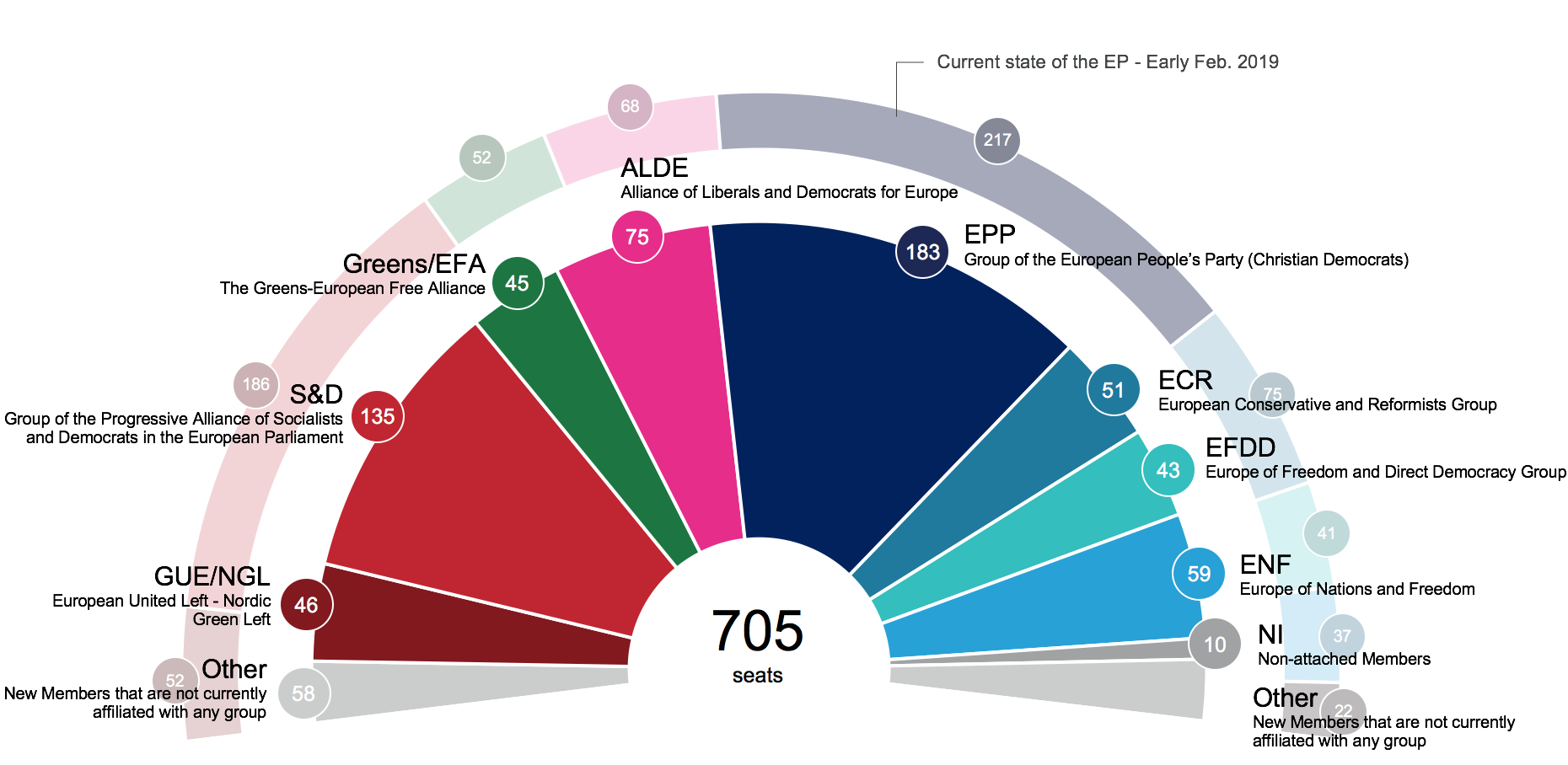The crisis is good: is this the end of the Greece-Turkey cold war?
(BRUSSELS2) This is the first consequence, at the strategic level, of the economic crisis on the European continent (but perhaps not the last!): the warming of relations between Greece and Turkey will be observed with attention in the following the visit this weekend of Turkish Prime Minister Erdogan to his Greek counterpart, Papandreou. An event that can be considered historic (if all promises are kept).
Erdogan indeed came to Athens at the head of an imposing delegation (10 ministers, a hundred businessmen). And no less than 21 agreements have been signed which cover a number of subjects, mainly at the economic level: from the joint promotion of tourism to the reintegration of illegal migrants. But the most important thing is elsewhere. In the statements that accompanied this visit. And in future developments.
If this rapprochement holds good, it could in fact allow several developments in the short and medium term which are of great interest to European security: dispute over the territorial waters of the Aegean Sea, Cyprus conflict, EU-NATO relations, enlargement to Turkey. It could also put an end to an arms race that is harmful to relations between the two neighbors... and which weighs on the economy of both countries.
However, this presupposes a great deal of tact on the part of the leaders in power: with the Turks, first, to reach an agreement quickly. But also internally, the financial cuts (abolition of bonuses, etc.) in the army will not be without damage in Greece and are causing an increasingly perceptible "discontent" (read: Greek army on strike ?).
Ending the Aegean 'cold war' a necessity
This is, first and foremost, to put an end to what must be called a "cold war" that the two countries have been waging for years. The question of the territorial limits, on the sea and in the air, around the islets of the Aegean Sea (1) gives rise to repeated incidents. Often not serious. Sometimes not. Last serious incident to date: in 2006, the collision between two F16s – one Greek, the other Turkish – caused one death (the Greek pilot). But every week, we play cat and mouse between the two neighbors and we come close to an incident. As soon as he came to power Papandreou sent a letter to his Turkish counterpart urging him to work on these issues. An in-depth subject on the sidelines of the conference on Afghanistan in London in January. Today Turks as Greeks are not yet in agreement. But, during a press conference held in Athens on Saturday, Erdogan promised to study Papandreou's proposal to communicate the flight plans of the fighter planes, as well as their disarmament. The question of lifting the "casus belli" (declared by the Turkish parliament in 1995) has not yet been settled. But it is no longer taboo. It will be during subsequent contacts, indicated the Turkish Prime Minister.
Enable a solution on Cyprus
The Greek-Turkish detente could have other consequences. Starting with the ongoing negotiations on the status of Cyprus (they are due to resume on May 26). The Cypriot president hopes a solution by the end of the year ". It would be time! Cyprus is all the same the only country of the European Union which still has on its territory a United Nations peacekeeping mission (UNFICYP), a mission which still has more than 1000 people (850 soldiers, 69 police officers, 39 civilians and 113 locals) and which has suffered significant losses since 1964: 180 soldiers or civilians have died. We forget it! A solution between Greece, Turkey and Cyprus could also only facilitate the signing of agreements between the EU and NATO to allow in particular the exchange of operational information or the participation of some in the programs of others.
Stopping an expensive arms race
Greece has an oversized army compared to its European neighbors. And it is more than urgent today for the country of the Hellenes, prey to an unprecedented budget and debt crisis, to reduce spending on all fronts.
Greek arms spending continues to represent a significant weight of GDP (gross domestic product). Military spending represents between 2,8% in 2008 (according to NATO) to 3,55% (according to GRIP and SIPRI, which have a broader calculation method), i.e. the highest rate of the countries of the European Union and the second of NATO. Only the United States are ahead with 4,21%, Turkey spends 2,17% of its GDP.
| Year % GDP |
1993 4.4 |
1994 4.3 |
1995 3.8 |
1996 4 |
1997 4.1 |
1998 4.3 |
1999 4.3 |
2000 4.3 |
2001 4.1 |
2002 3.9 |
2003 [3.1] |
2004 [3.2] |
2005 [3.4] |
2006 3.73 |
2007 [3.3] |
2008 3.55 |
source: SIPRI, GRIP - [estimate]
Since 2004, these expenditures have increased at a rate that is often double the growth in GDP:
+11,1% in 2008 (compared to a 3,2% increase in GDP).
| in percentage of progress | 2004 | 2005 | 2006 | 2007 | 2008 |
| Growth in defense spending | +8.8 | +9.5 | +3.8 | +0.01 | +11.1 |
| Progression of Gross Domestic Product | +4.6 | +3.8 | +4.2 | +4.0 | +3.2 |
source: NATO
Most of the expenditure is devoted to personnel (74,1% of the budget in 2008), which represents the highest level of the NATO countries. And the army is still nearly 130.000 strong. Important figure to compare with the British army (173.000 men) or German (252.000).
But as Greek Deputy Defense Minister Panos Beglitis explained in an interview with Canal 1 radio: arms reduction is only the end of a long and arduous journeyu. (First of all) there must be a review of Turkey's practice and position in the Aegean Sea, in accordance with international law and international treaties »
An arms race encouraged... by European countries
About 16% of the Greek budget is spent on equipment. And, at the beginning of 2009, while the economic crisis is in full swing, the Greek government (of Karamanlis) Greece still plans to allocate 15,5 billion euros to the acquisition of military equipment over the next five years. No one flinches. On the contrary. Greece is an excellent customer: it is the fifth largest arms importer in the world (4% of imports) after China, India, the United Arab Emirates and South Korea. And it accounts for 13% of arms exports from Germany, 12% from France over the period 2004-2008 (according to the SIPRI report). Everyone therefore rushes to try to place who their frigates, who their fighter planes or helicopters... (2). Today, each hopes that his contract will be preserved at the expense of the neighbor.
“We buy weapons, we are helped”
Since October 2009, and the arrival of the Papandreou government, certain contracts have been shelved. This was the case with the purchase of Russian armor, which was frozen and should be completely reviewed. That of fighter planes too. Even the purchase of the French FREMM frigates - which was the subject of an agreement at the Elysée Palace last February and had torn this word from Greek commentators: " we buy weapons, we are helped” —, could be postponed. The Germans, for their part, succeeded in settling their dispute with the Greeks over the submarines. Not without
difficulties. The two contracts for the purchase of German submarines were merged in October 2009 after lengthy negotiations which led to some tension between the two capitals. It was the conformity of the delivery of a U-214 submarine, the "Papanikolis", built in Germany (at the HDW shipyards, a subsidiary of TKMS), which caused the trouble. Greece has always refused to pay the sums remaining due, claiming a manufacturing defect: the "Papanikolis" having, among other things, "slight" "stability" problems (a submarine that somehow sinks askew!) . The manufacturer (TKMS, Thyssen marine) has always refused this argument, believing that the Greeks were bad players and just wanted a discount on the price. Finally a compromise was made. On the first contract (order of 4 U-214 submarines): only three of the submarines (Pipinos, Matrozos, Katsonis) will be delivered, subject to acceptance by the Greek army commission. We hope so - they were built in Greek shipyards (them!). The "leaning" submarine will be resold to a third country. On the second contract (rehabilitation of three U-209 submarines): two new submarines will be delivered in place of the rehabilitation of the old ones (one has already been delivered). The main thing is except, for Berlin, the contract is not canceled.
And the European Union... to the absent subscribers?
It is surprising to note that this Greek-Turkish question has not aroused more European involvement, to promote peace in this south-eastern part of the continent. On the contrary, one could say. Rather than encouraging a peaceful solution, everyone instead encouraged Greece to spend a little more on its military budget by buying these products. A fairly unanimous attitude: France, like Germany, but also the Netherlands. Countries that are inflexible on budgetary rigor and see no problem with indebtedness when it favors their industry!
It is time for the European Union to assume its responsibilities in the region, with the help of NATO, to become more involved in the resolution of disputes over the Aegean Sea and the Cyprus question. The allies should demand that their Turkish and Greek colleagues put an end to their armed games. In the meantime, the rule of disarming military flights in the area should be proclaimed. Even if the "protection" of Greek air and maritime space is taken care of by NATO allies, in the same way as is, for example, Icelandic and Baltic air space.
(Nicolas Gros-Verheyde)
(1) These islets belong to Greece but are located very close to Turkey, which gives rise to discussions both on territorial space (The Greeks supporting an extension to 10 miles for airspace and 12 miles for airspace maritime against 6 miles currently recognized by the Turks) than on economic exploitation.

